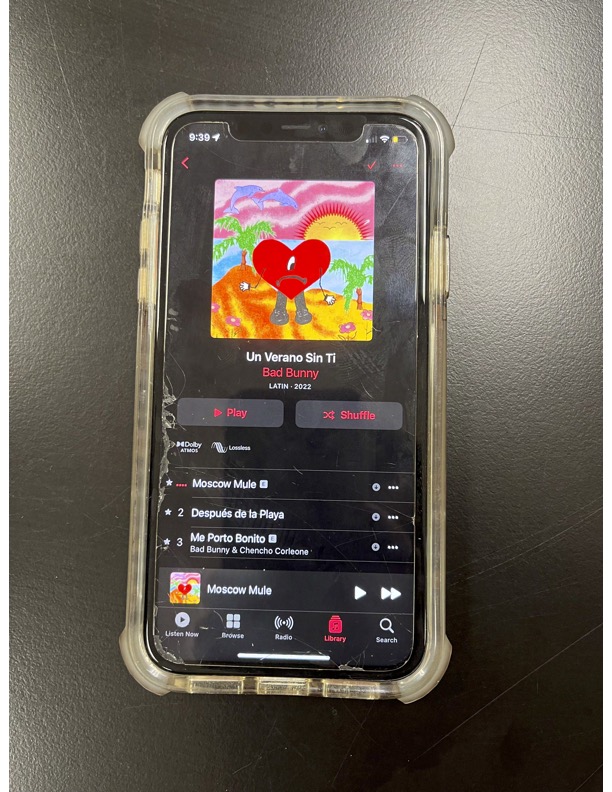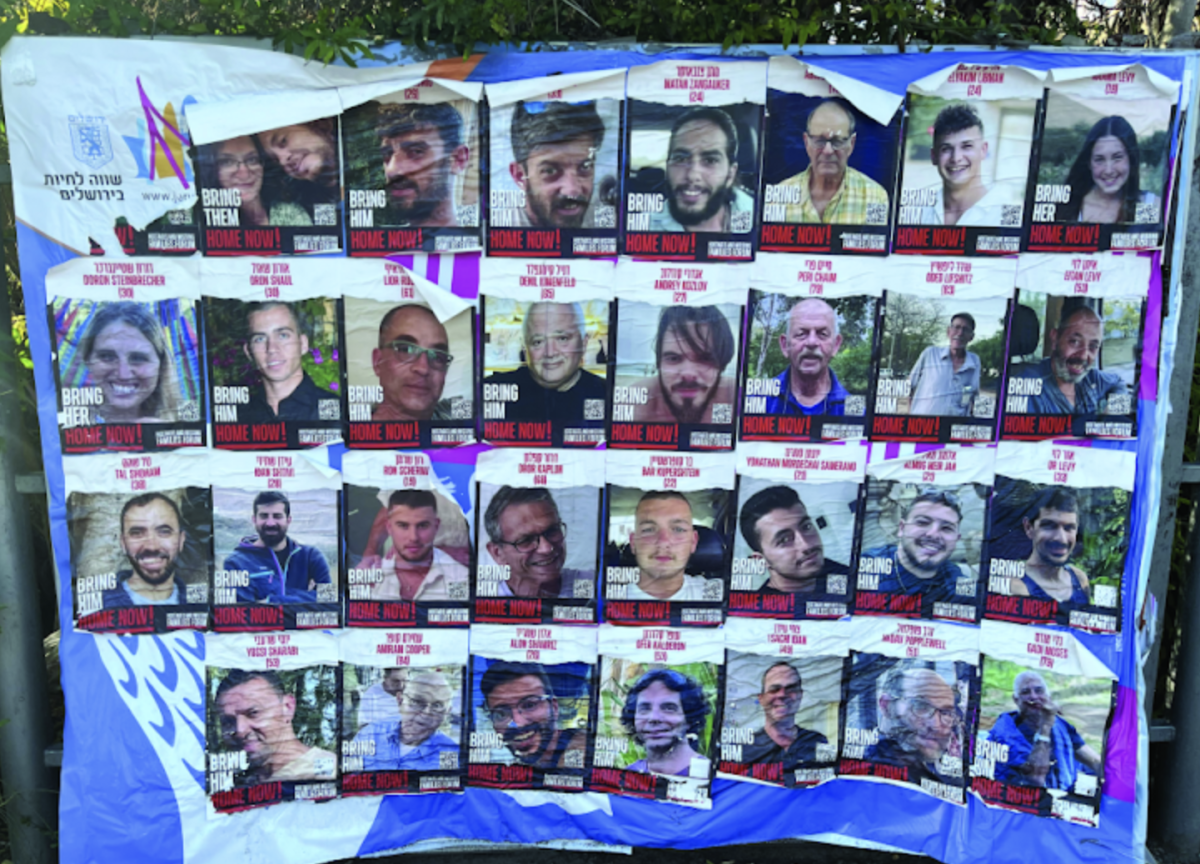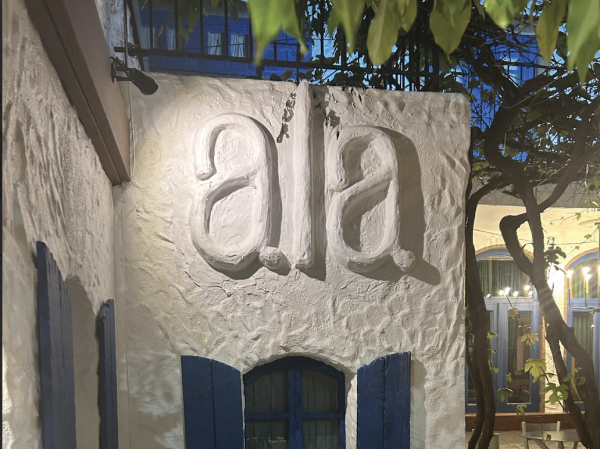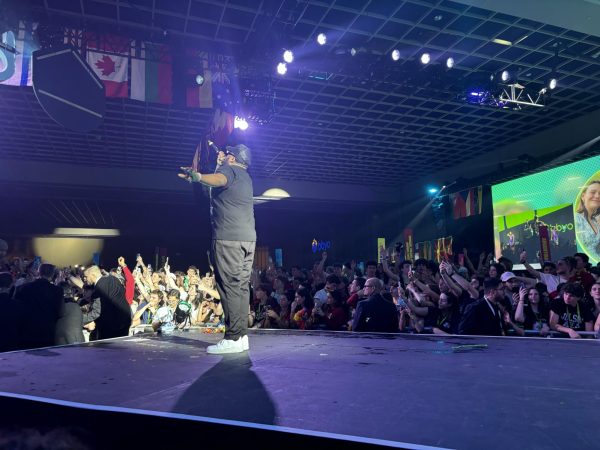Bad Bunny’s “Un Verano Sin Ti” is the perfect summer album
Bad Bunny’s new album, “Un Verano Sin Ti”
May 16, 2022
After two record-breaking albums in the past year, Bad Bunny released yet another great hit on May 6. “Un Verano Sin Ti,” translated to “a summer without you,” is carefree yet passionate, making it the perfect album for summer. Additionally, the tracklist contains 23 songs, making it his longest album yet.
In each of his past albums, Bad Bunny has focused on different music styles. In “Un Verano Sin Ti,” he explores Caribbean sounds, showing listeners a side of Puerto Rico – where he grew up – that he hasn’t connected to his music before. Throughout almost every song, Caribbean beats can be heard in the background as well as many typical beach sounds such as seagulls and ocean breezes.
The biggest similarity between this album and his others is the abundance of collaborations with other artists. Bad Bunny collaborated with some mainstream Latino artists, such as Rauw Alejandro and Jhay Cortez, but also left room for more indie Hispanic artists including Buscabulla.
In his song “Tarot” with Jhay Cortez, Bad Bunny creates the perfect beat to dance to, play in the car or even listen to on the beach. This song explains how a person can still be infatuated with their ex-partner but wish them luck in the future.
In “Ojitos Lindos,” Bad Bunny collaborates with Bomba Estereo, a lesser-known Colombian duo. The song’s name means “beautiful eyes” and tells the story of a couple falling in love and how their passion only grows for one another. This song has a calming beat throughout its entirety and switches off between Bad Bunny and Bomba Estereo.
“Tití Me Pregunte” is my favorite track on the album. It feels like two songs in one; beginning with a specific beat and tune and switching to a different experience as the song continues. It starts with a calm guitar solo, and as Bad Bunny sings, the song becomes more and more upbeat. “Tití Me Pregunte” turns into a Caribbean beat that even includes Bad Bunny rapping for a while. Afterward, the song turns more into his usual, more recognizable style, with him singing along.
In addition to bringing light to smaller artists, Bad Bunny uses his album to reflect on the political realities of living in Puerto Rico. In songs like “El Apagon,” meaning “the blackout,” he refers to the continuous blackouts that have recently been occurring all over Puerto Rico. In the song “Andrea” with the group Buscabulla, he tells the story about the reality and hardship of being a woman living in Puerto Rico. Other songs on the album were just meant to be fun summer anthems.
Bad Bunny released this album just in time for his fans to memorize every lyric for his upcoming tour. This album will also likely continue to help him secure his spot at the top of the Billboard charts, and further solidify his label as the most streamed artist globally in a day.














